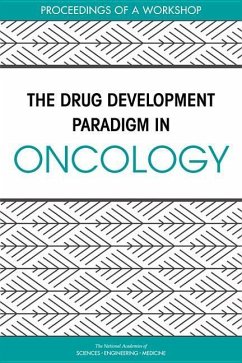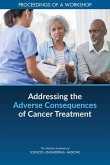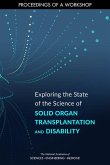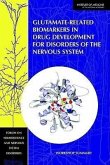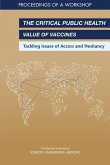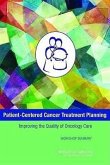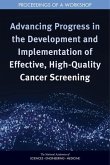"Advances in cancer research have led to an improved understanding of the molecular mechanisms underpinning the development of cancer and how the immune system responds to cancer. This influx of research has led to an increasing number and variety of therapies in the drug development pipeline, including targeted therapies and associated biomarker tests that can select which patients are most likely to respond, and immunotherapies that harness the body's immune system to destroy cancer cells. Compared with standard chemotherapies, these new cancer therapies may demonstrate evidence of benefit and clearer distinctions between efficacy and toxicity at an earlier stage of development. However, there is a concern that the traditional processes for cancer drug development, evaluation, and regulatory approval could impede or delay the use of these promising cancer treatments in clinical practice. This has led to a number of efforts--by patient advocates, the pharmaceutical industry, and the Food and Drug Administration (FDA)--to accelerate the review of promising new cancer therapies, especially for cancers that currently lack effective treatments. However, generating the necessary data to confirm safety and efficacy during expedited drug development programs can present a unique set of challenges and opportunities. To explore this new landscape in cancer drug development, the National Academies of Sciences, Engineering, and Medicine developed a workshop held in December 2016. This workshop convened cancer researchers, patient advocates, and representatives from industry, academia, and government to discuss challenges with traditional approaches to drug development, opportunities to improve the efficiency of drug development, and strategies to enhance the information available about a cancer therapy throughout its life cycle in order to improve its use in clinical practice. This publication summarizes the presentations and discussions from the workshop"--

